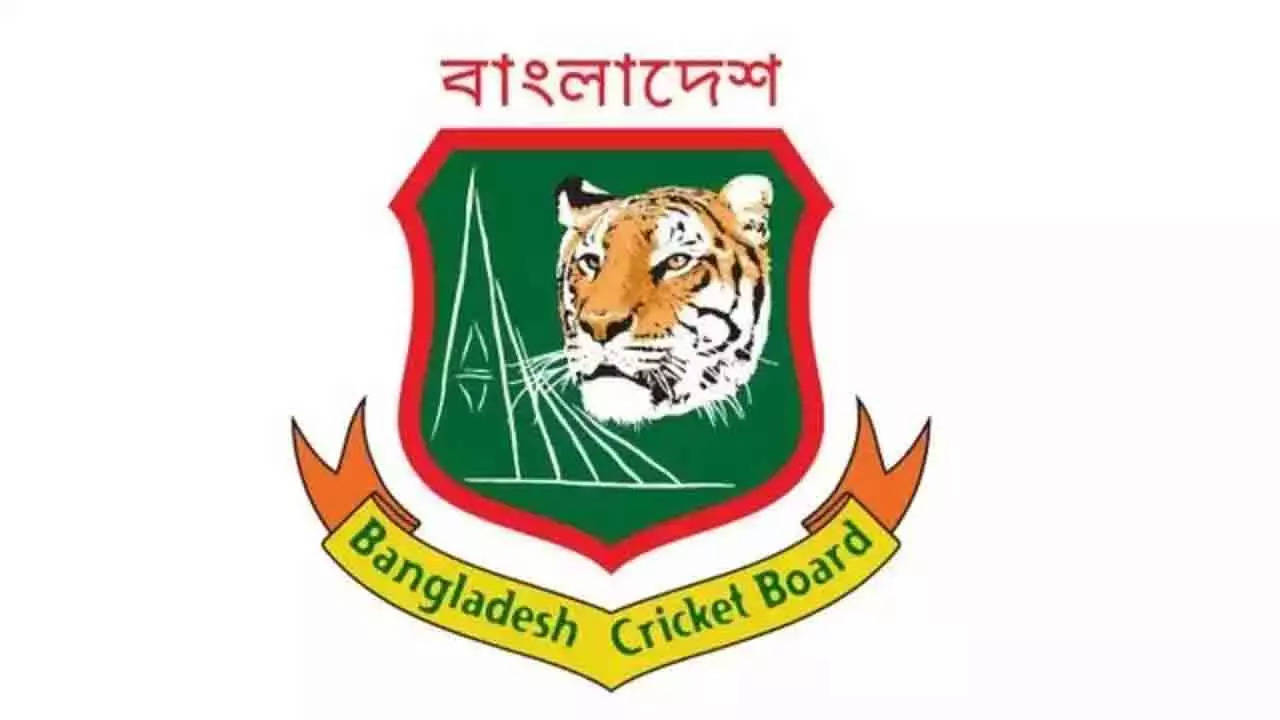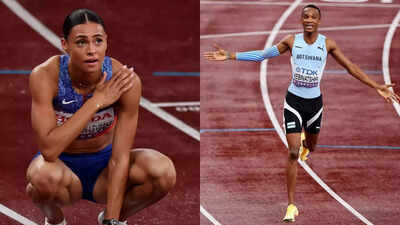NEW DELHI: Following the departure of Nazmul Hassana close friend of ousted prime leader Sheikh Hasinathe Bangladesh Cricket Board (BCB) named former skipper Faruque Ahmed as president on Wednesday.
In Bangladesh, politics and cricket are closely related, and the unrest that has engulfed the nation has had an impact on the sport.
Board Chief Executive Officer Nizam Uddin Chowdhury told AFP that Nazmul, who also held the position of Sports Minister under Hasina’s 15-year autocratic rule, sent a resignation letter to the BCB.
“His wish was granted,” he said.
A month of student-led protests against Hasina’s administration resulted in over 450 deaths before she resigned as prime minister on August 5 and left the nation.
Faruque “took charge immediately” after being chosen by the board of directors, according to Chowdhury.
Since 2012, Nazmul has held the position of president of BCB for several periods; his most recent term is set to expire in 2025.
Faruque, the new president, participated in seven one-day international matches and temporarily led Bangladesh at the 1994 ICC Trophy in Kenya.
After the 1999 World Cup, he announced his retirement from the national squad.
From 2005 to 2014, he also served as the national chief selector.
In Bangladesh, politics and cricket are closely related, and the unrest that has engulfed the nation has had an impact on the sport.
Board Chief Executive Officer Nizam Uddin Chowdhury told AFP that Nazmul, who also held the position of Sports Minister under Hasina’s 15-year autocratic rule, sent a resignation letter to the BCB.
“His wish was granted,” he said.
A month of student-led protests against Hasina’s administration resulted in over 450 deaths before she resigned as prime minister on August 5 and left the nation.
Faruque “took charge immediately” after being chosen by the board of directors, according to Chowdhury.
Since 2012, Nazmul has held the position of president of BCB for several periods; his most recent term is set to expire in 2025.
Faruque, the new president, participated in seven one-day international matches and temporarily led Bangladesh at the 1994 ICC Trophy in Kenya.
After the 1999 World Cup, he announced his retirement from the national squad.
From 2005 to 2014, he also served as the national chief selector.







